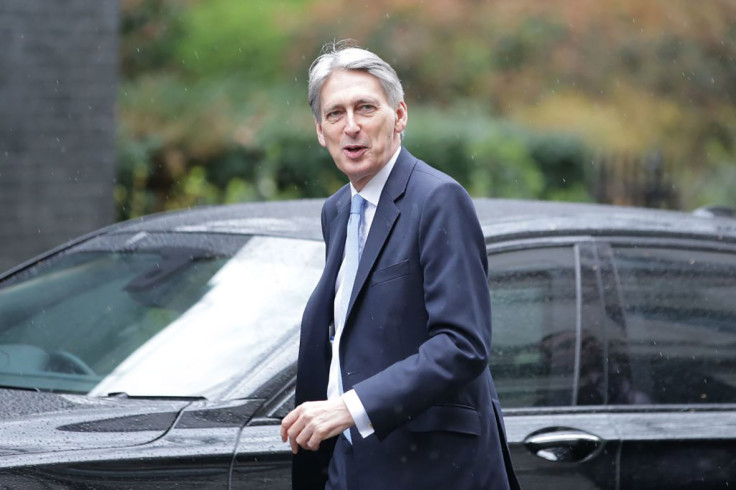Brexit without a deal could see all UK-EU flights grounded, warns Philip Hammond
Chancellor says such an outcome is highly unlikely but stressed that uncertainty about Brexit is acting as a dampener.

A worst-case Brexit scenario could see all air traffic between the UK and the European Union grounded the day after Britain leaves the bloc on 29 March, 2019, the country's Chancellor said on Wednesday (11 October).
Speaking before a committee of MPs, Hammond said he considers that outcome highly unlikely, but stressed that uncertainty about the impact of leaving the EU is acting as a dampener on the British economy.
Hammond said it's conceivable "there will be no air traffic between the UK and the European Union on the 30th of March 2019, but I don't seriously think anybody believes that is where we will get to."
He said uncertainty about Brexit is weighing on the economy, and "we need to remove it as soon as possible by making progress" in talks with Brussels.
A fifth round of negotiations is being held this week, with talks bogged down in details of the divorce settlement, including the amount of money Britain owes the bloc.
Hammond was answering questions from lawmakers, a day after the International Monetary Fund downgraded its forecast of UK economic growth to 1.7% this year and 1.5% in 2018. Britain was the only major economy not to have its forecast raised by the IMF, a reversal from last year.
"We are being affected by uncertainty around the negotiating process we are engaged in at the moment," Hammond said. "There is plenty of anecdotal evidence that businesses and consumers are waiting to see what the outcome is, or at least what the direction of travel is, before firming up investment decisions and consumption decisions."
Hammond said the government is "planning for all scenarios including a no-deal scenario" in which divorce talks end without a deal on trade, security and other relations.
"At the moment, although of course we hope for a different outcome, we cannot be certain of that different outcome," he said.
© Copyright IBTimes 2024. All rights reserved.





